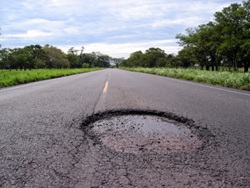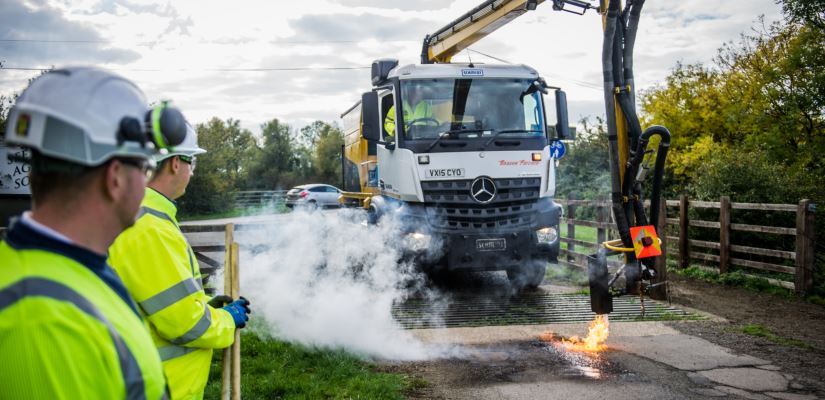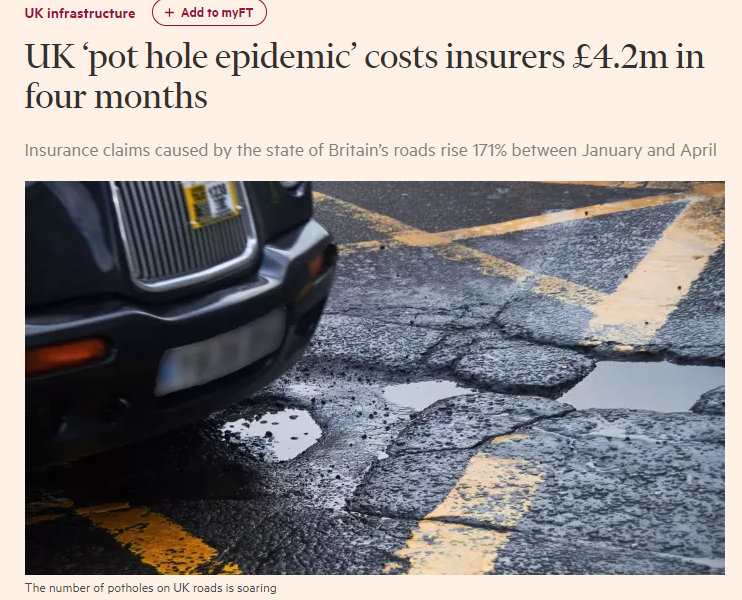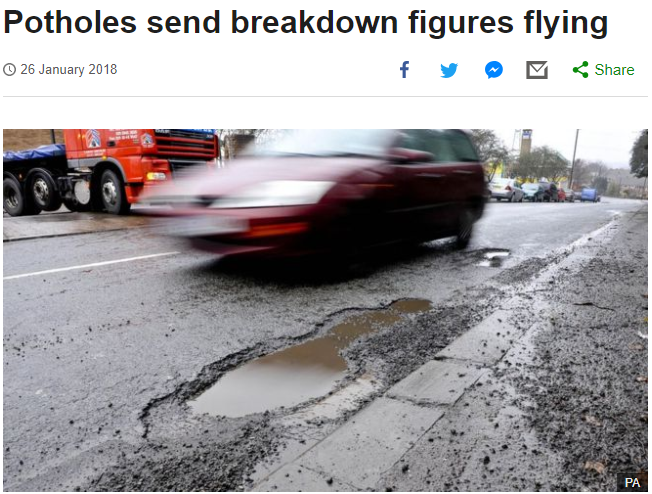MI’s 10 Pillars – its core principles – are all very simple. Pillar 1 makes a clear distinction between profit and value. Why? Because if society focuses on profit, rather than value, it gets what it deserves. One of the easiest ways to illustrate this is potholes – yes, potholes in roads. You know your national economy is in trouble when the number of potholes starts to increase significantly. Potholes might often be caused by bad weather but you never notice them in a well-run economy because they disappear very quickly. In the UK everyone is starting to complain about the number of potholes.
This is not only a sign of a lack of money in the economy but also ‘pass the parcel’ economic management: who is actually accountable for them? Every second’s delay in repairing potholes means a greater loss in economic and societal value. Included in that equation are the inevitable increases in risks and driver frustration: somebody always pays, eventually.
The organizations responsible for repairing potholes in the UK are usually the local councils or the Highways Agency. These are publicly-funded bodies that tend to be squeezed by central government when times are hard. They are not profit-making concerns so tend to be judged, by government bean counters at least, on their costs. What they are not assessed on is value but we will come back to that point in a moment.
Repairing potholes is often outsourced to a private, profit-motivated contractor. The contractor, although they would not admit as much, wants to do as much pothole-filling as possible because that is how they make a living. The worse the potholes become the more money they will make. The consequences of potholes are not their direct concern even if, as ordinary human beings, they can see the sense in eradicating potholes forever. The profit motive often conflicts with natural human behaviour and the best of intentions.
Meanwhile, motorists and haulage companies want zero potholes because they know the damage they can cause to their own vehicles. This damage, if it is compensated for at all, has to come out of the insurance premiums of the motorists themselves or the bodies who are negligent in failing to repair potholes immediately. In short, no one gains from potholes, everyone loses out; except the profit-driven contractor.
Now, back to this question of how we assess the performance of any organization: profit or not-for-profit. The Highways Agency and local councils have to be judged on their value to society. In the case of potholes they should be calculating the total cost of pothole damage and repairs and then aim to reduce that figure year on year (don’t forget Pillar 7 – NEI). The contractors also have to demonstrate, when they fill a pothole, not only that it has been achieved at the lowest possible cost but also to the requisite, ‘fit-for-purpose’ quality standard. It is this balance between cost and quality that is essential in any definition of value. In short, value, as a motive force, is the only way to ensure society, as a whole, benefits: it’s that simple. That’s why it is MI’s goal.
See also – The right sort of profit is societal value
Latest news on potholes:




Comments are closed